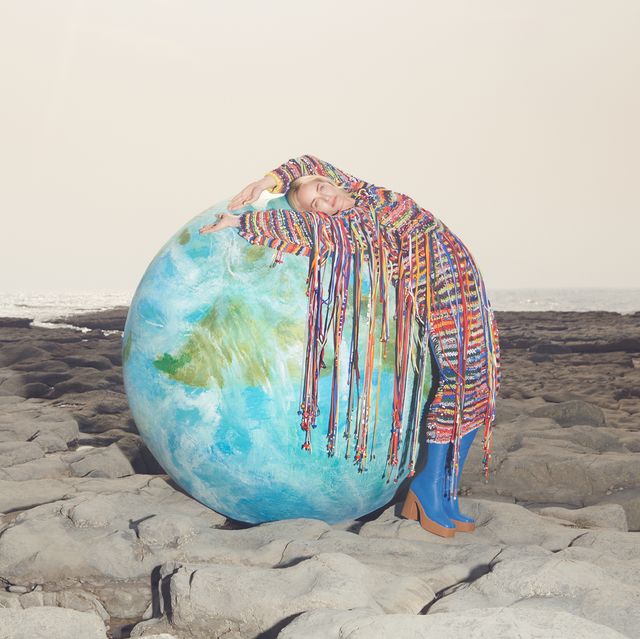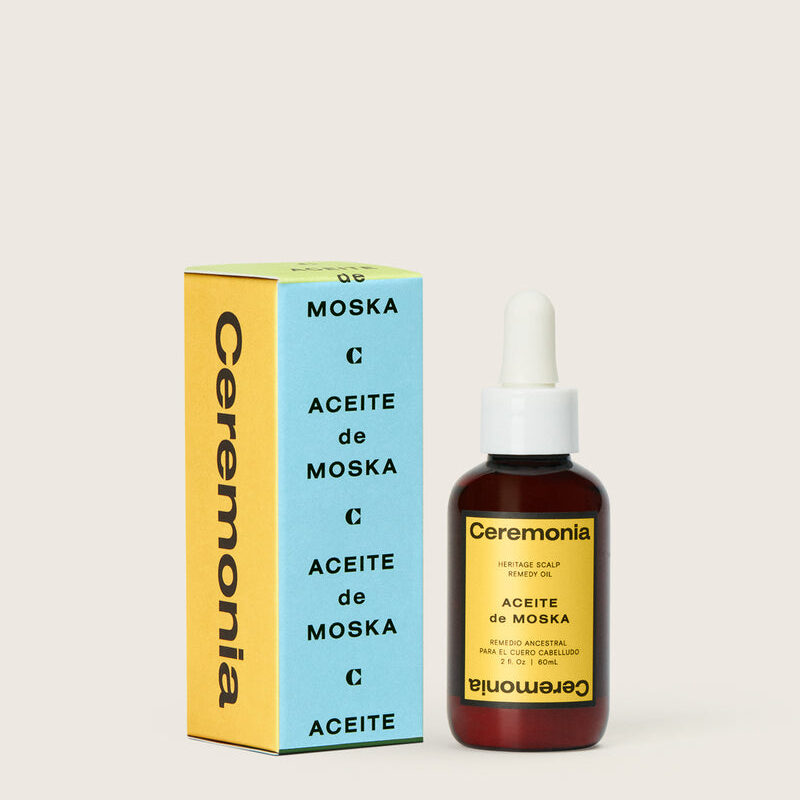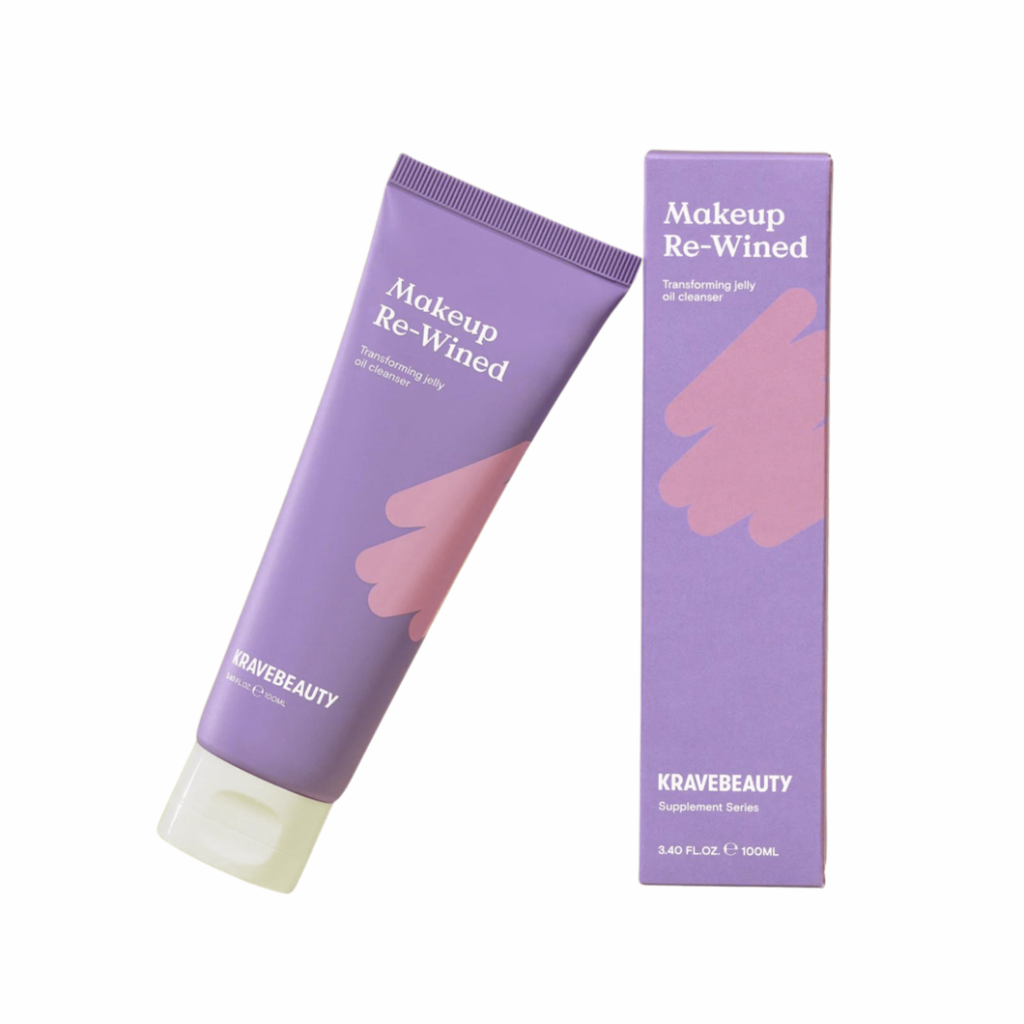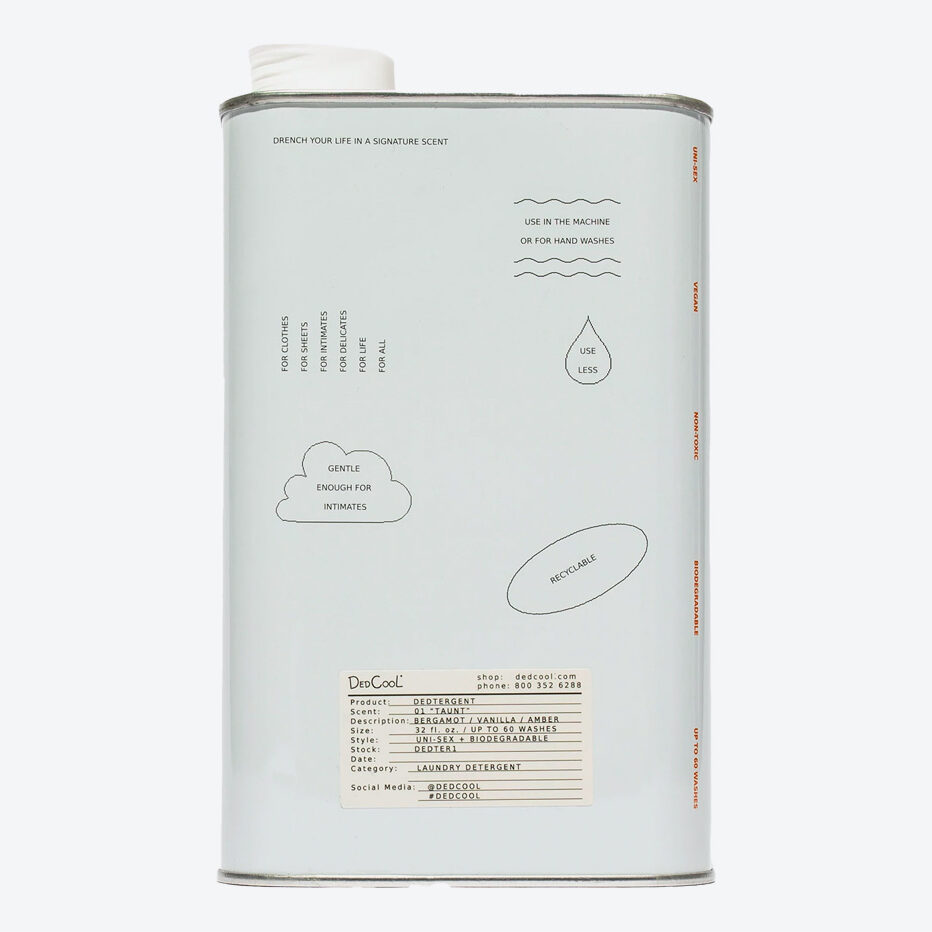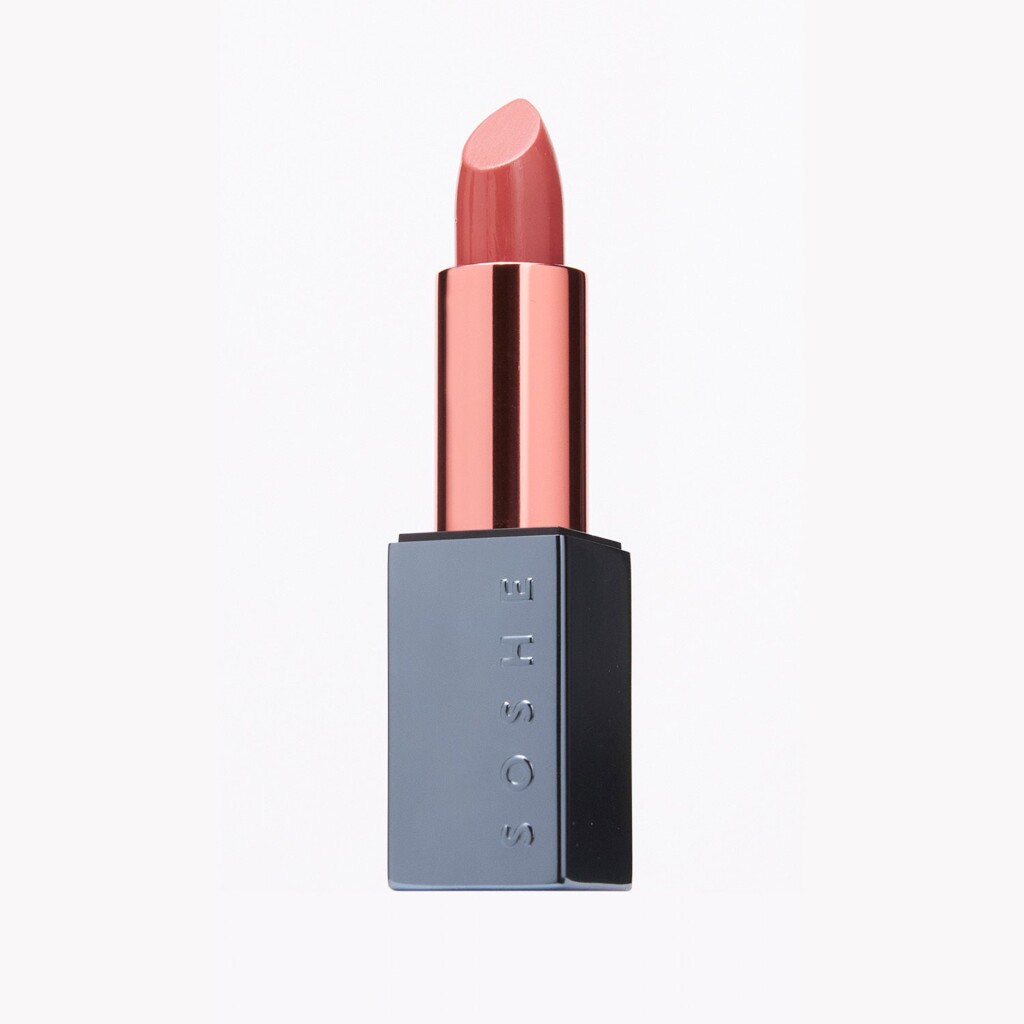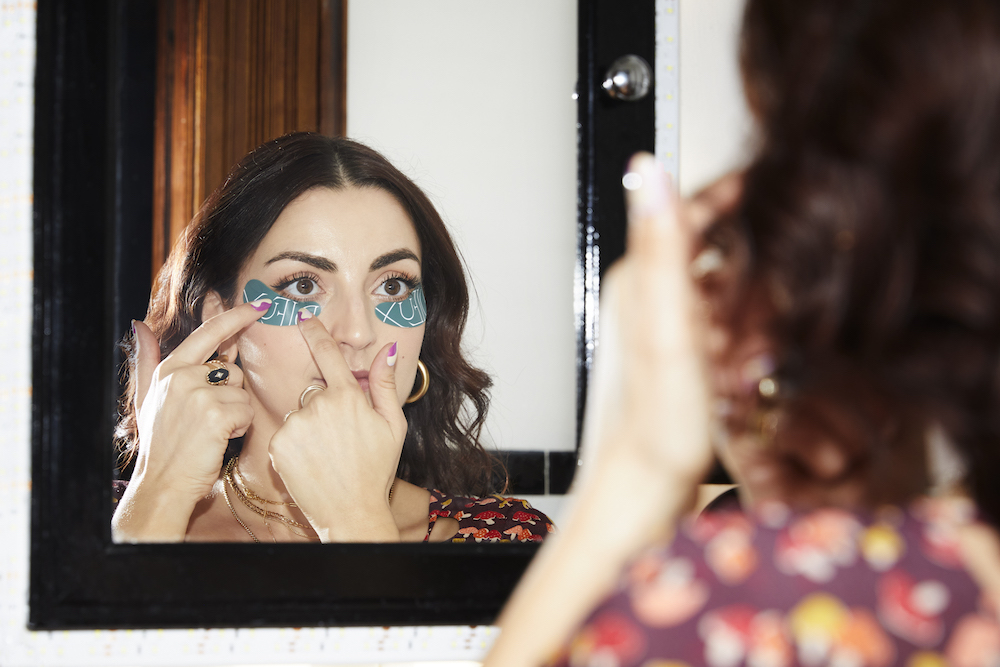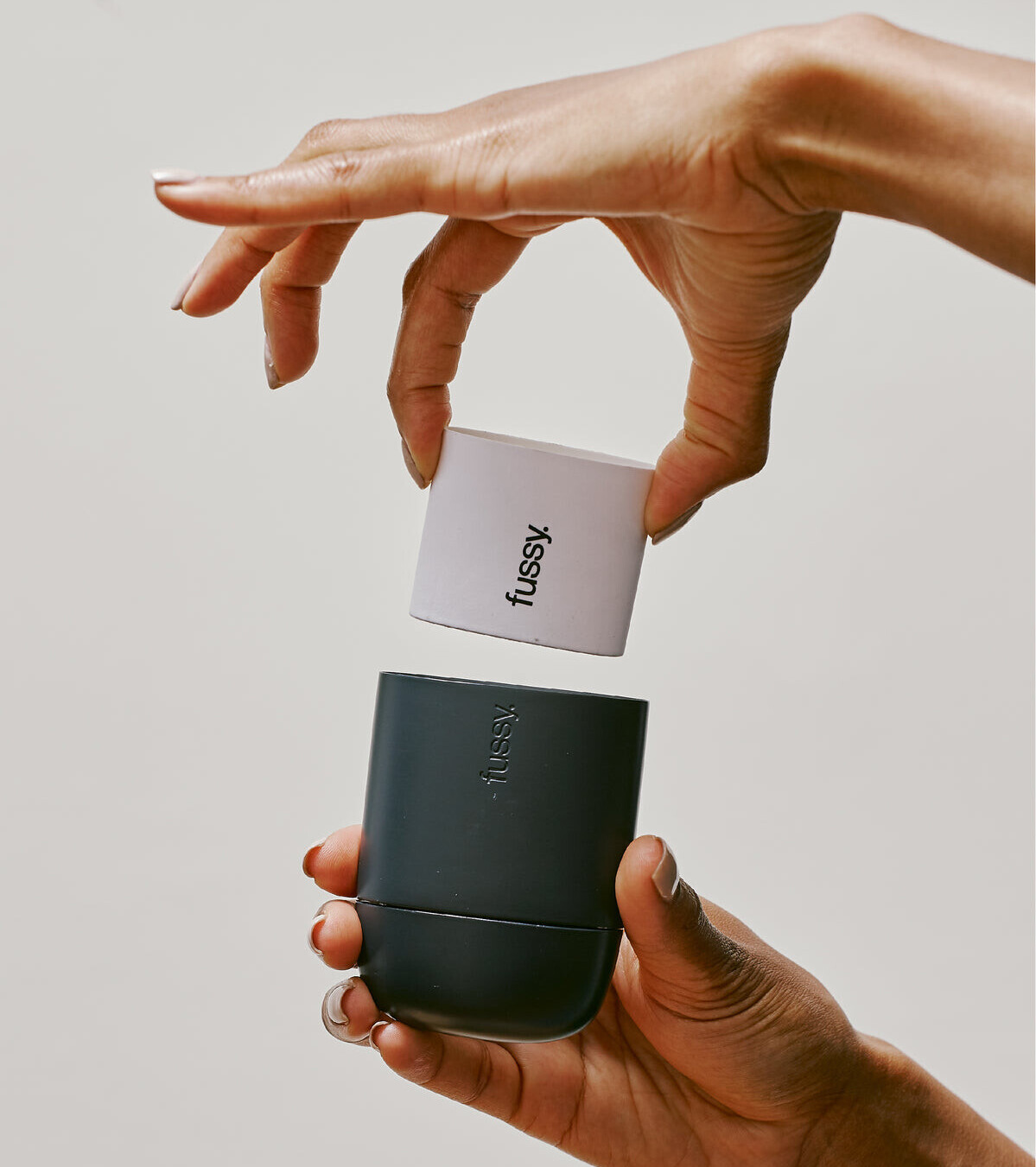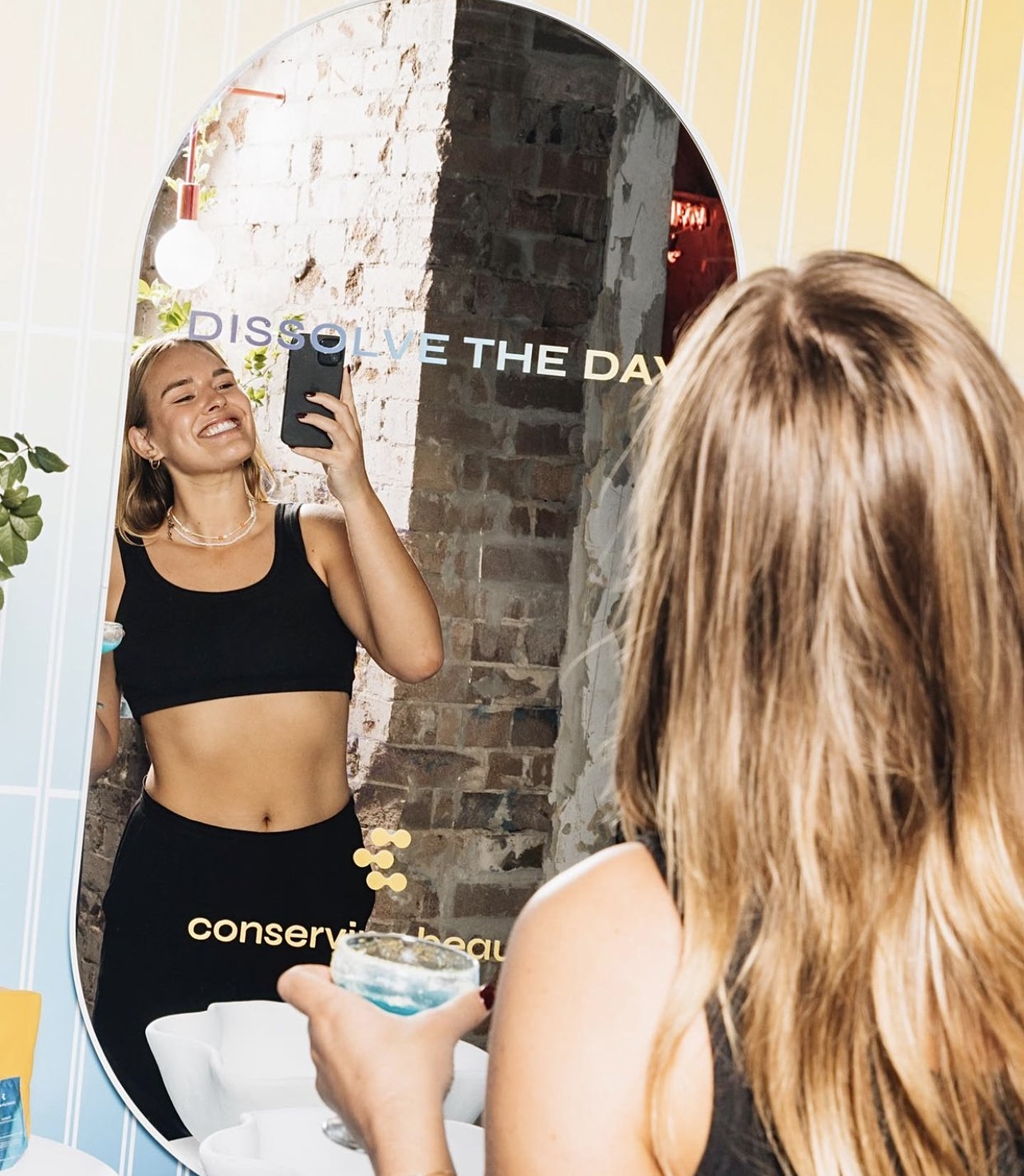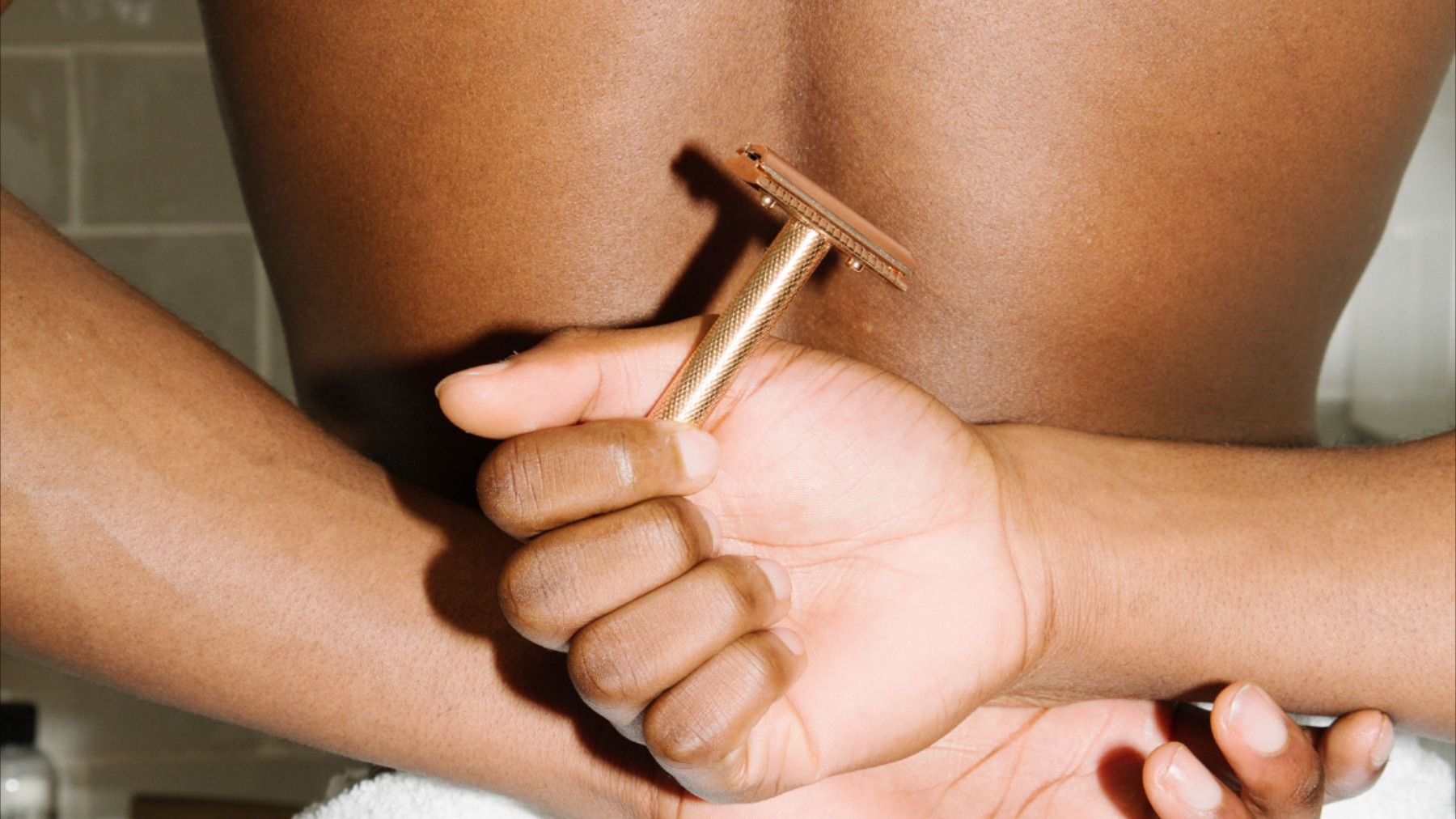the unwash • guide
It’s time to cut through all the noise around buzzwords often used as marketing gimmicks to convince us a product or brand is more sustainable or ethical than what meets the eye. We’re constantly playing a constant game of ‘is it sustainable or greenwashing’ because of marketing tactics. As consumers, these are important to have in our vocabulary to make informed purchasing decisions – BS marketing aside. So, let’s break down commonly used terms and what they mean so that you can put them to good use.
Biodegradable – Biodegradable material is able to completely decompose on its own.
Carbon Footprint – This refers to the overall amount of greenhouse gasses, not just carbon dioxide, that are released based on our actions, whether a person, business, place, or even a product.
Carbon Neutral – Achieving a carbon neutral status or reaching net-zero carbon emissions is when the carbon footprint is offset, equalling the number of carbon emissions through carbon absorption. Simply put – the amount of carbon dioxide going out into the atmosphere is equally absorbed.
Circularity – Often referred to within a circular economy, circularity is when a product is made with all phases of its life in mind – especially the end of life for the product. A product can be regenerated in a circular economy instead of sitting in the trash.
Compostable – Materials that are able to break down naturally via an at-home composter or a composting site. Always remember that biodegradable and compostable are not synonymous – a biodegradable product is not always compostable.
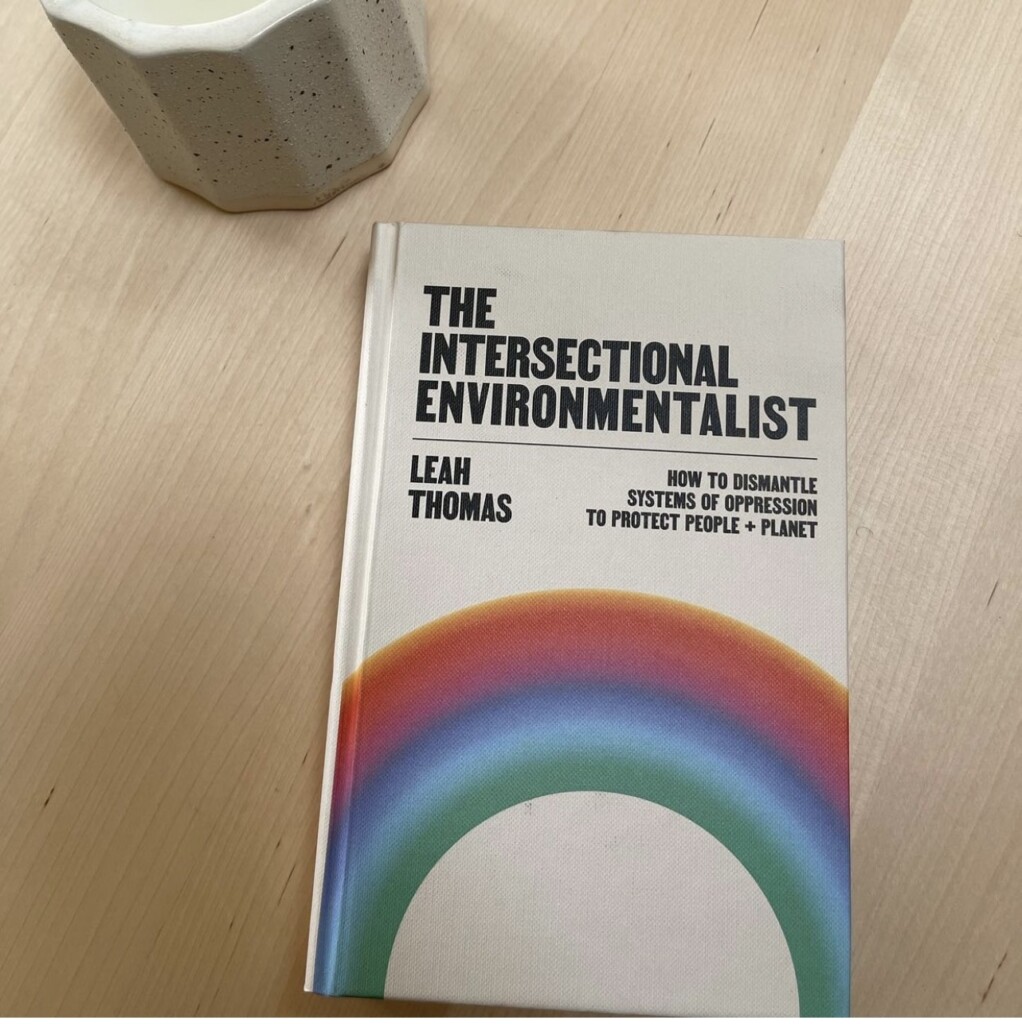
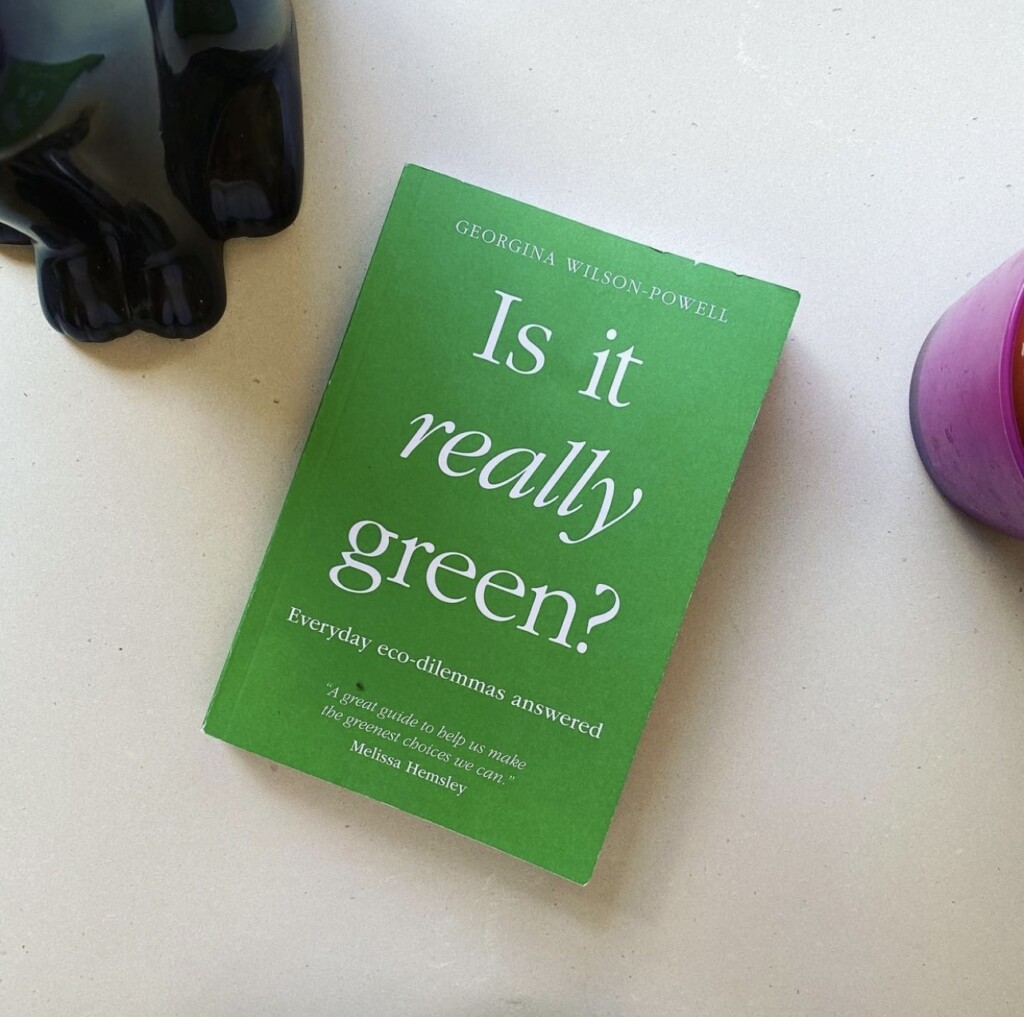
Greenwashing – The use of marketing to convince the consumer that a product or company is more sustainable or earth-friendly than it is.
Life Cycle Assessment – An analysis of the environmental impacts of a product from start to finish of the life cycle.
Recyclable – A product that can be manufactured into a new product. This can be tricky because many products put in the recycling bin are not recycled, often due to a lack of information on what is truly recyclable. Glass, paper, and aluminum can be recycled. The Unwash avoids claiming plastic is recyclable since majority of plastics will not be. It is better to focus on how to reuse or repurpose plastic materials than count on recycling them.
Recycled Product – A product manufactured out of post-consumer recycled materials.
Refillable Product – Alright, this is one we see A LOT. Refillable products can, if done well, reduce the carbon footprint of that product by 60%, especially if the outer casing or refill is made of biodegradable or truly recyclable material. But this can also be a way for brands to cut corners and make it seem like they’re helping consumers reduce their carbon footprint when they’re just selling you a holder for the product. Be aware of what other materials are being used and how the refills are supposed to be disposed of.
Sustainability – In general, this is preserving the planet for future generations. Sustainability means something different to everyone and varies in accessibility.
Upcycling – Reusing products in a new way that generates greater value than what it was previously being used for.
Zero Waste – Creating little to no waste, whether for a product or the lifestyle that someone chooses, is the dedication to conservation through mindful choices.
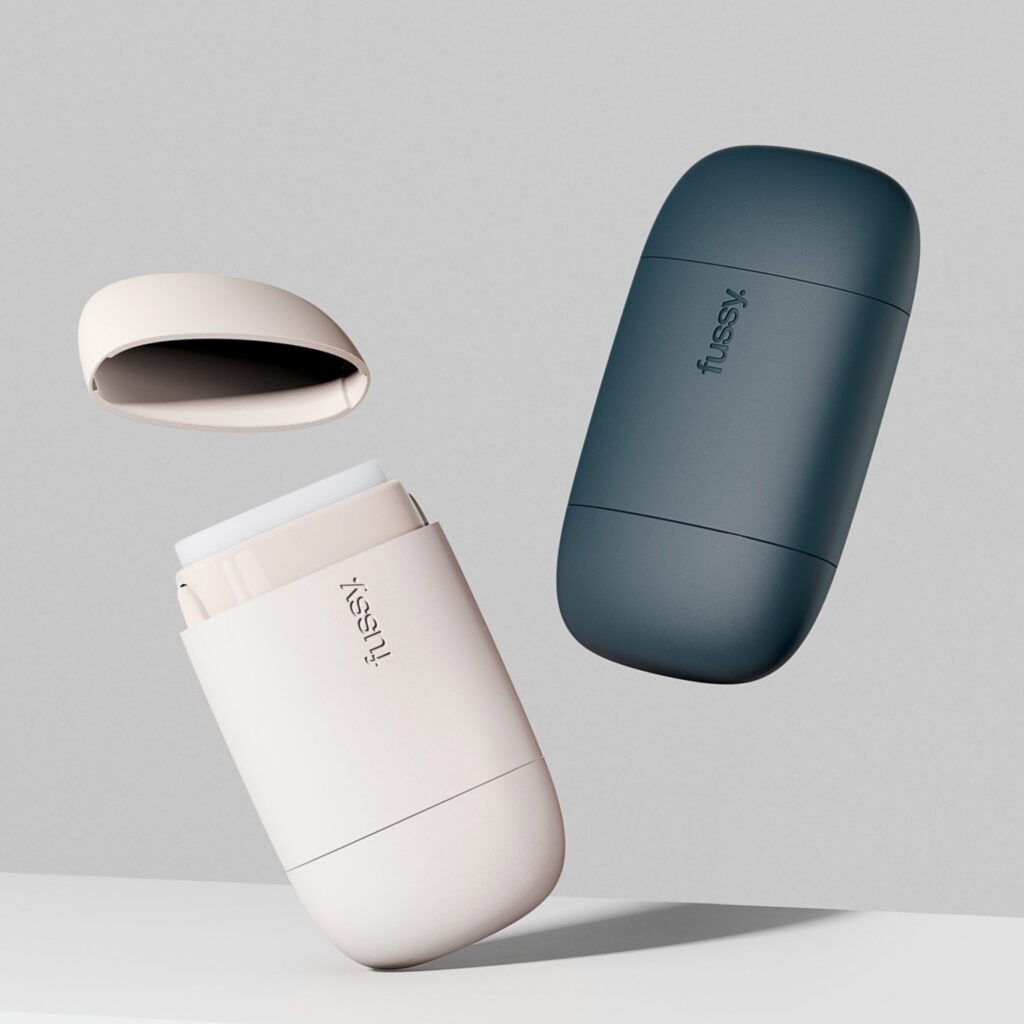
01
Fussy
Fussy is on a mission to reduce the overflow of plastic items in our bathrooms and beyond. The UK-based brand is certified carbon neutral and is in the process of obtaining a B-Corp Certification. This popular deodorant is one that won’t leave you fussing. The outer container is sugarcane-derived, which is easy to throw in the compost once you need a new outer shell. Refills are obtained easily through their subscription service on a four-week basis.
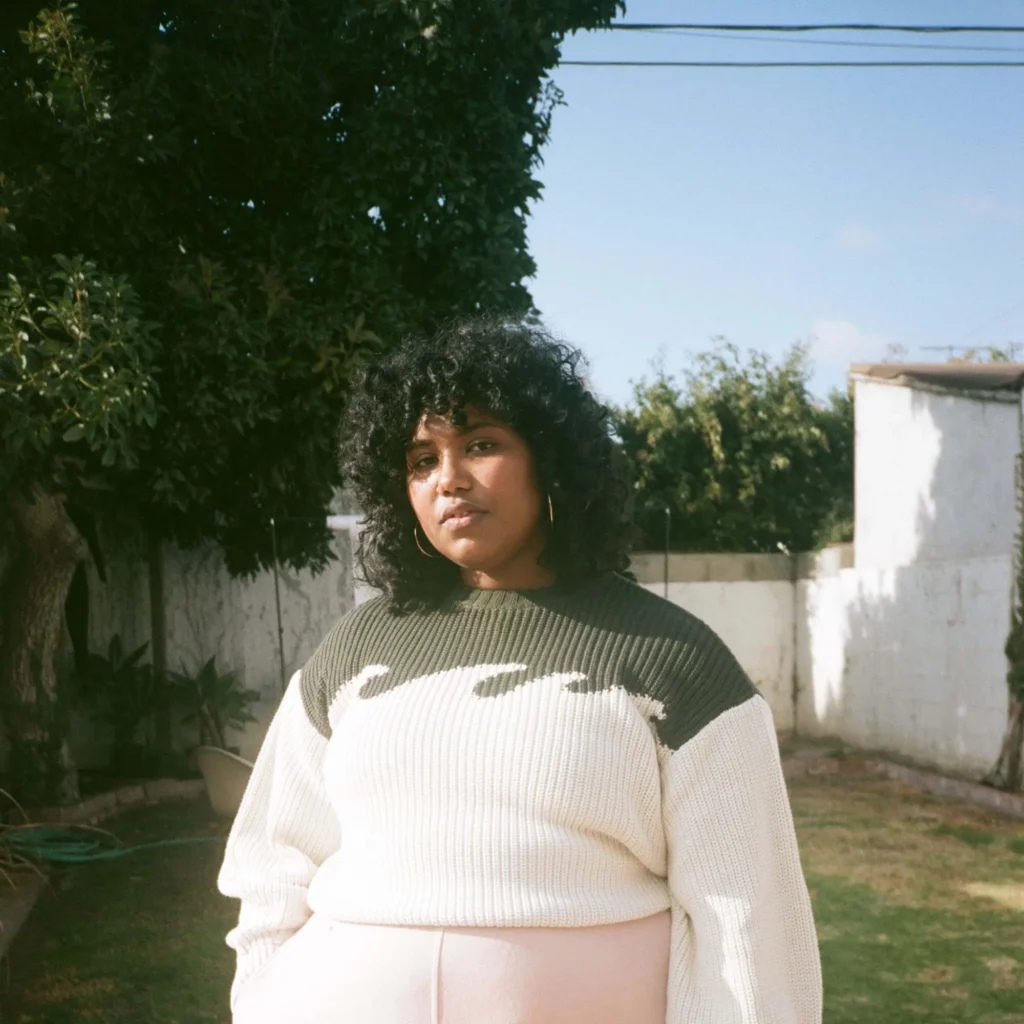
02
Back Beat Co.
Back Beat Co. is a “people, planet and then profit” brand that gives a $$$$ about you and the planet. The brand focuses on ensuring its consumers are doing more than just shopping sustainably and has created a community through its clean-ups and donation drives. Inspired by a laid-back lifestyle, Back Beat Co. is a slow fashion brand for every day, yearlong wear.
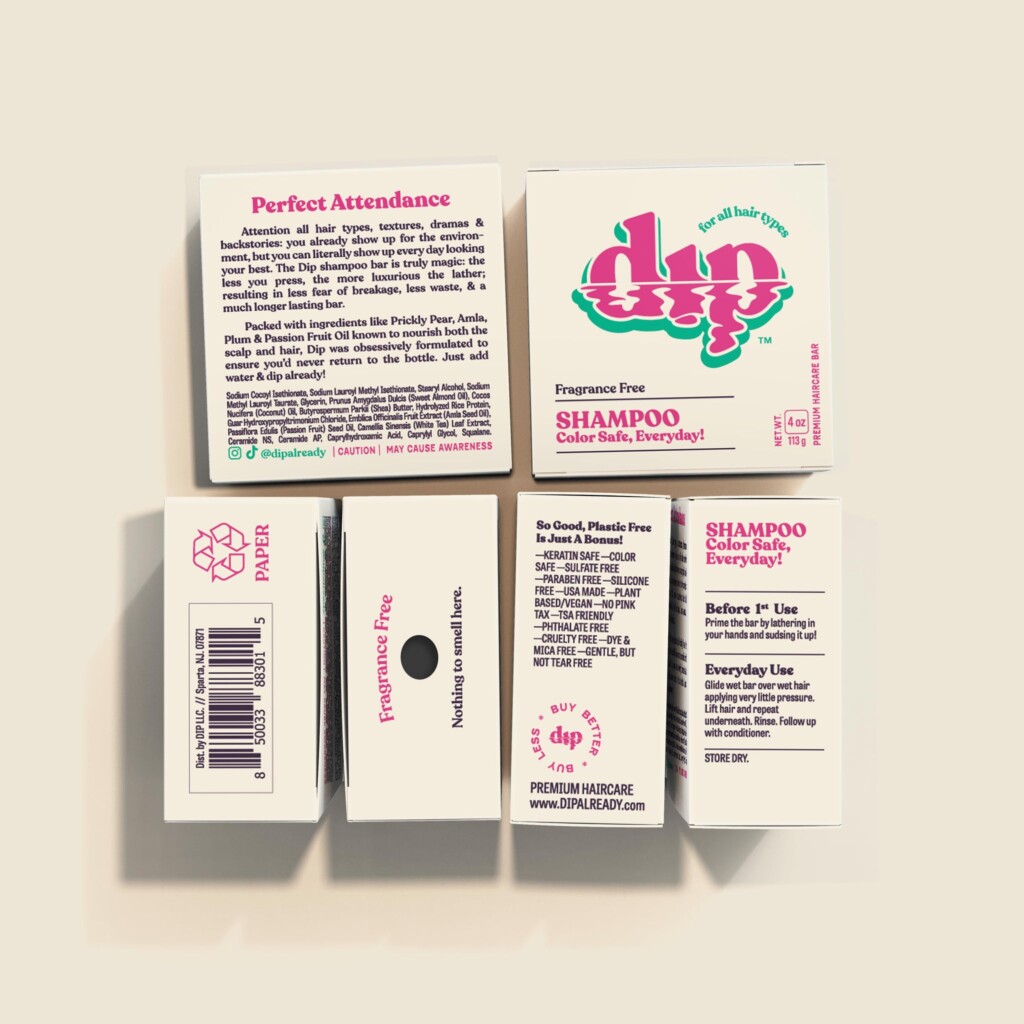
03
Dip Haircare
Get ready for a new staple in your bathroom. This zero-waste hair care brand has created bars suited for every hair type and need. Dip is on a mission to convert big brand hair care lovers to a more sustainable option that doesn’t skimp on quality. Dip has a range of 35 color-safe shampoo and conditioner bars in a wide range of scents and travel tins. Whatever your hair care needs are, Dip has you covered.
